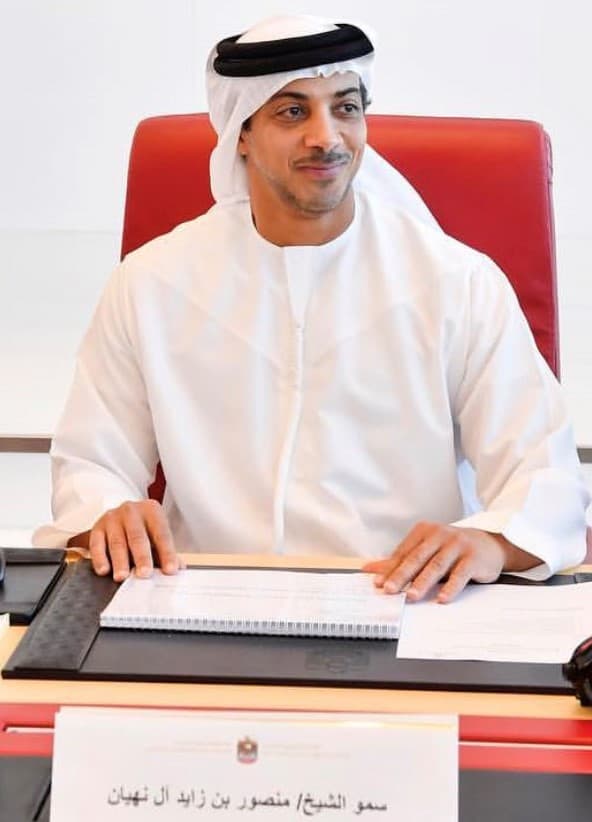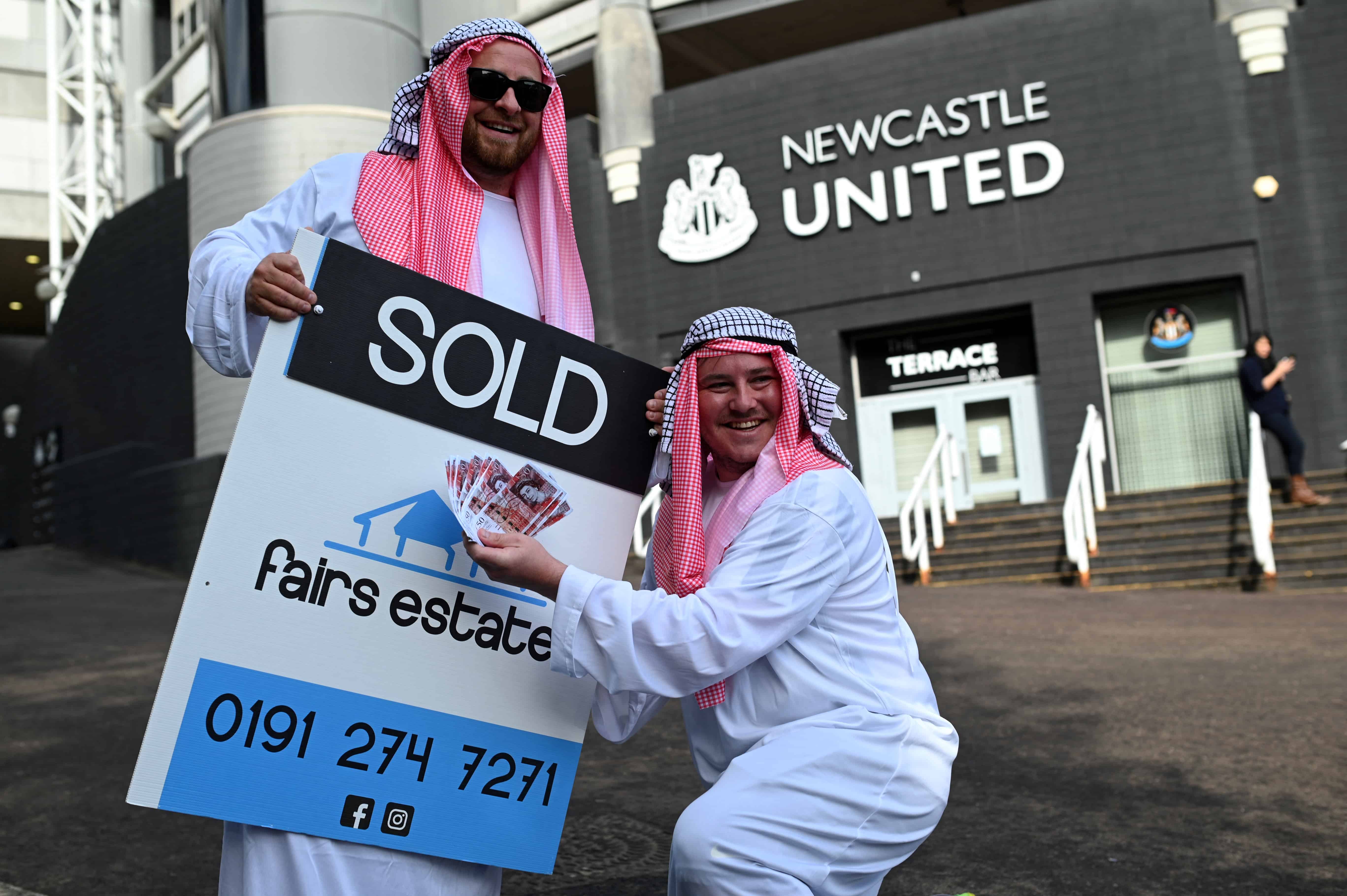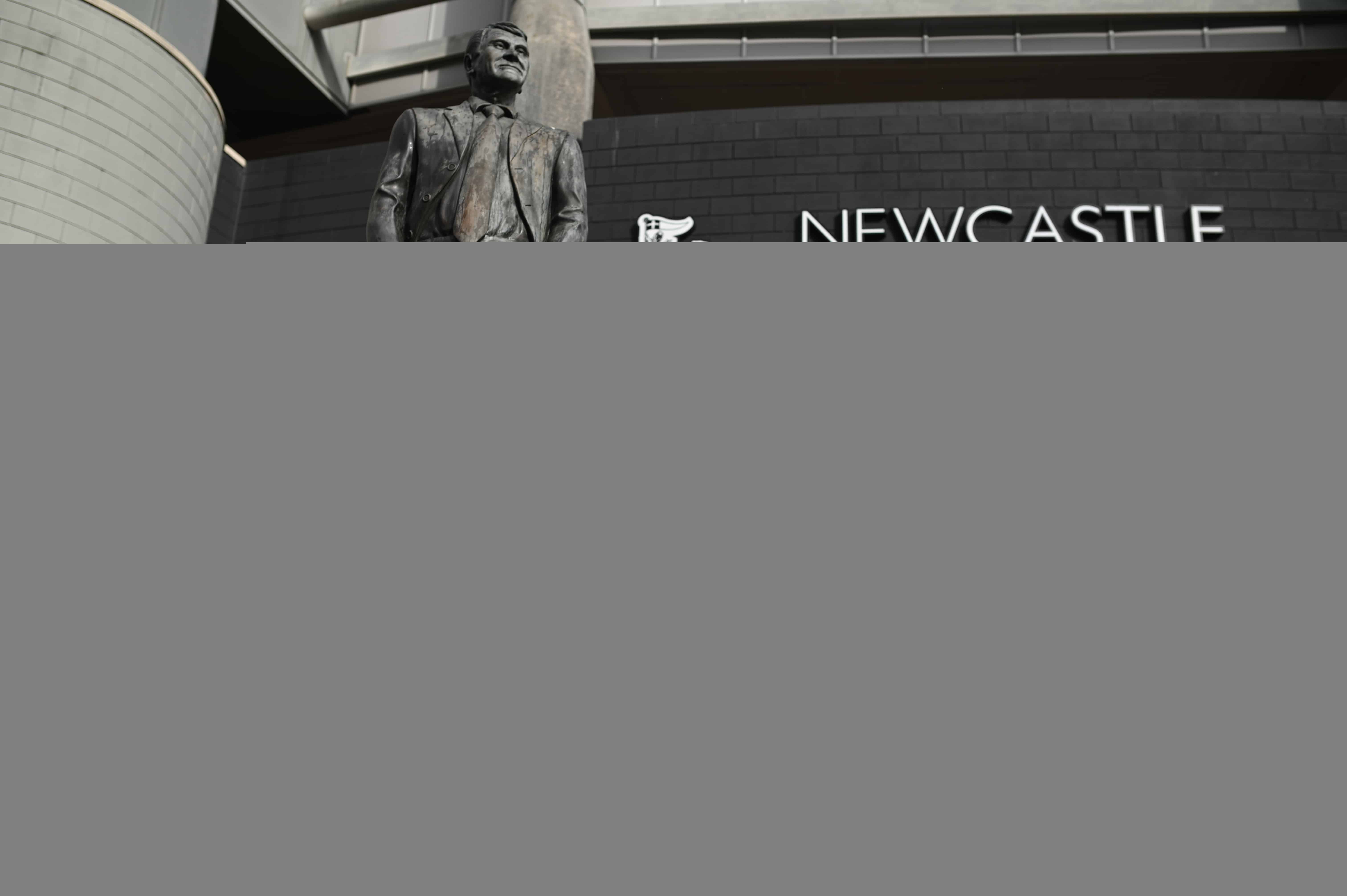During the last several years there has been a rush of investments from GCC into European sports, notably the top football leagues across the continent. The investors are attracted by much more than pure profits.
As the month-long European football transfers window opened on January 1, all eyes were on what the new owners of a relatively weak club would be doing. Rumors, as is normal at this time of the year, flew all around, saying the club was chasing some of the top players that were available.
Rarely has so much attention been focused on a struggling club than what the English Premiere League club Newcastle United has obtained over the past three months, when it became the latest football club to be bought by an investor after the Saudi Arabian sovereign fund, Public Investment Fund (PIF), paid $418 million in October to take 100 percent stake in the struggling club.
PIF was one of the later entrants in the fray. The first mover in the game was Russian oil magnate Roman Abramovich who had bought Chelsea in 2003 for a reported $187 million, not a bad deal considering that even if Chelsea were not a topnotch club at that moment, it was still one of the major clubs in the Premiere League.
Since then, Chelsea has outclassed itself in practically every possible manner. Aided by a further investment of $169 million for boosting the playing squad, Chelsea brought several stars into the team, which has since gone on to win 5 Premiere League and 2 European Champions League titles, the best performance by any English club since 2003.
According to consultancy firm KPMG Chelsea has also seen its operating revenues climb 282 pc since 2003 to $571 million, in the last season before the pandemic. The revenues were boosted by broadcast rights as well as commercial revenues.

Five years after Chelsea, Abu Dhabi’s Sheikh Mansour picked up Manchester City in 2008, propelling them also to the top of the pyramid, from being an also-ran in the league. The list has expanded to include Qatar Investment Authority, which picked up the French Paris Saint Germain club through one of its subsidiaries and placed billionaire Nasser Al-Khelaifi as president of the club.
Most of the makeovers have helped the clubs improve their performance dramatically, pushing them right at the top or at least amongst the top clubs across Europe. The same is expected for Newcastle after infusion of capital by Saudi Arabia.
While the European clubs receiving the investments are thrilled about the sustained interest of outsiders, mainly the GCC investors, the investments have been criticized by two groups – first to oppose or create a fracas are the top clubs that have not had the largesse as they feel threatened since most of the clubs with funds have gone on to displace them at the top of the league. But opposition has also come from Islamophobic far right politicians in Europe who cast aspersions on the reasons Gulf money was being poured in European clubs and other institutions.
Indeed, why the Gulf money or for that matter any money is invested in sports clubs, notably the leading European football clubs remains a mystery, because in very few cases does it make a good business sense as rarely do returns on investments in these clubs compare favorably with other businesses.
However, experts say that for the Middle East, sports have both an international and a domestic objective. Over the past 30 years, especially since 2001, there have been a lot of investments and very strong positions taken in sports by the Middle East players internationally and in Europe, says Philippe Blanchard, founder & CEO of Futurous, an e-sports management company, and an old hand at sports management, including Olympics.
Over the past 30 years, especially since 2001, there have been a lot of investments and very strong positions taken in sports by the Middle East players internationally and in Europe, says Philippe Blanchard, founder & CEO of Futurous
Blanchard says that the main interest of the Middle East so far has been in football because it has national importance in the Middle East, but it is also a universal language. “More interestingly, it is because even though it costs money to invest in football, but it is a safe investment as it is the most advanced ecosystem in terms of structure as you have clear information about the values of the clubs, their profitability and their financial models are most advanced as there is securitization of the clubs. So, you have a kind of a stock exchange not just on the values of the clubs but also the players. Moreover, it was a mutual interest as the European clubs also looking for money,” says Blanchard.
He goes on to add that another attraction of football was that it was considered safe business as it has been a double-digit business over the last 40 years in terms of growth and since the Middle East stakeholders have the financial capacity, it was kind of a soft bed for them. He says the reason behind the interest in these investments has changed dramatically over the past few years. “While earlier, one of the main motivations was the soft power that ownerships of European clubs allowed them, but over the past five years it has become more and more a matter of speculation and profitability. It is no longer just a marketing exercise, but it is also an investment,” he adds.

The investors are now also going beyond football and look at other sports, notably racing and, over the past three years, e-sports. Blanchard highlights an exception to the rule, which is cricket, saying it has pulled in a lot of money and not just from the Middle East.
“One element that is interesting is what happened to cricket. The international council of cricket, the global regulator, that is based in Dubai is one of the few sports regulators based outside EU or US and we can explain that to the very strong presence of Indian and South Asian population in the UAE, but also the rich Indian investors. So, the middle east money is coming not only from the middle east investors but also from the oligarchy of rich Indian entrepreneurs,” he adds.
As sports continue to develop in newer markets, investments are likely to grow horizontally and vertically across several geographies. And with e-sports becoming a huge global craze, look forward to significant investments and developments in this as well.








